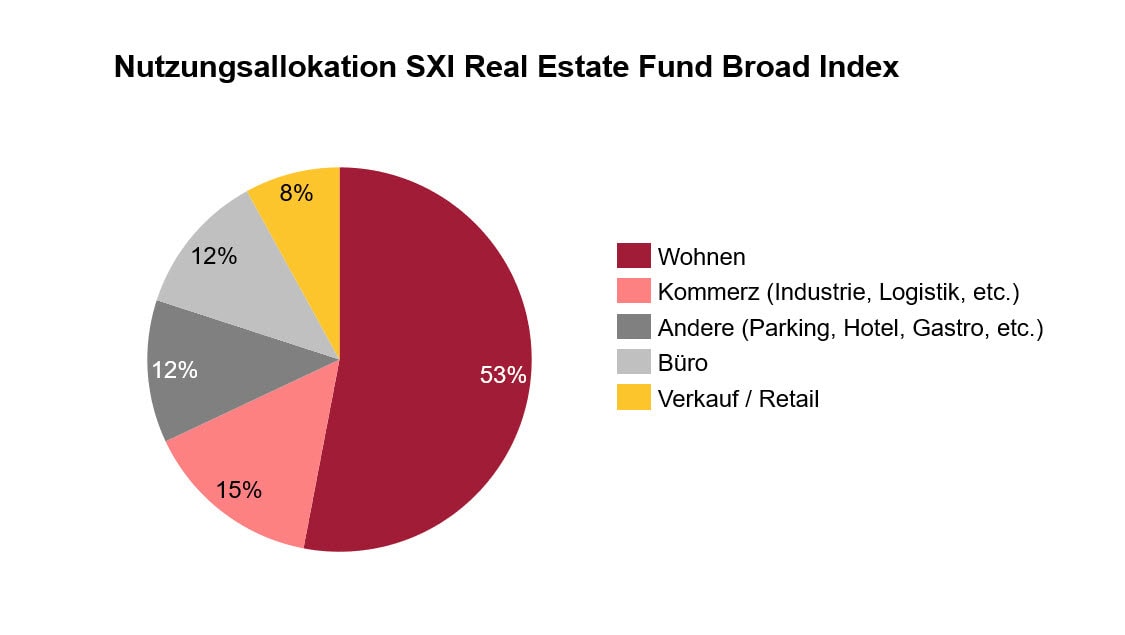Sustainable properties are fit for the future
There is huge potential in the Swiss building stock. With the right optimizations, energy consumption, CO2 emissions and costs can be reduced. At the same time, the market value of the property can be increased.

Bernd Geisenberger, member of the Executive Board and Head of Corporate Clients, explains in an interview what opportunities sustainable real estate offers and how customers with a real estate portfolio can benefit from Migros Bank's expertise.
What is a sustainable property?
As a general rule, a sustainable property is one that provides ecological, social and economic benefits in the long term. What this actually means for an individual building must be assessed on a case-by-case basis and cannot be defined in general terms. The social and economic benefits in particular depend on the intended use of the building. This means that there can be major differences from case to case. In terms of environmental sustainability, the aim is to increase the building's energy efficiency and reduce emissions, among other things.
Migros Bank offers a free analysis of real estate portfolios. What is analyzed?
Together with clients, we review residential or commercial properties for sustainability, yield, potential and marketability. Together with real estate experts, we have developed a tool for this purpose. On the one hand, this tool shows which investments have an impact on the CO2 emissions of the real estate portfolio and, on the other hand, which income and costs result from these investments. It often turns out that an energy-efficient refurbishment or an early replacement of the heating system, i.e. a switch from fossil fuels to renewable energies, has a positive impact on profitability.
What follows the analysis?
A consultation in which we show our clients the opportunities and risks of their real estate. We also discuss possible strategic positioning of their portfolio on the market.
You talk about opportunities. What exactly do these look like for sustainable buildings?
If the energy efficiency of buildings increases, energy costs fall. This is directly noticeable. Of course, the investments - for example in the renovation of the building - have to be amortized. However, expensive energy costs mean that the amortization period is short in many cases. Increased energy efficiency also increases the market value of the property. However, the increase in attractiveness is not only noticeable in the event of a sale, but also for rental properties. The demand for sustainable buildings with low ancillary costs is high. Tenants are prepared to pay more for sustainable living space. In addition to these measurable benefits, sustainable buildings also offer opportunities that cannot be directly quantified, such as improved reputation. By investing in sustainable real estate, a company can position itself as a responsible player. This often has the effect of strengthening relationships with customers, investors and partners.
The trend towards greater sustainability in the real estate sector is picking up speed. Will the wind change again?
Sustainability is not a passing fad, but essential in the long term. Addressing the issue at an early stage makes it easier to plan investments and thus increases the ability to act. Those who invest in sustainable real estate today are therefore better prepared for the challenges of the future.









